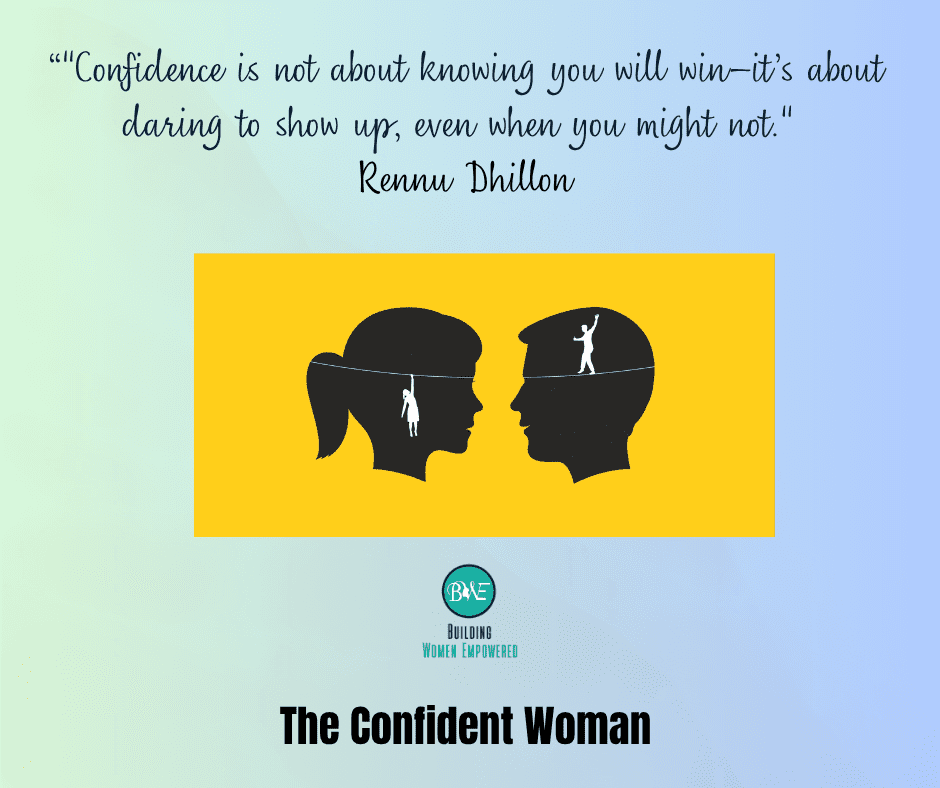It’s a paradox we’ve seen play out in classrooms, boardrooms, and even social settings — women who are smart, capable, and experienced often underestimate their abilities, while men with similar or even less experience tend to project confidence with ease. This phenomenon is widely known as the confidence gap, and it can shape everything from career advancement to personal fulfillment.
Understanding the Gap
Confidence isn’t just about believing in yourself — it’s about taking action on that belief. Studies have shown that men are more likely to apply for jobs even if they meet only part of the qualifications, while women often hold back unless they feel 100% ready. The gap isn’t due to lack of skill or intelligence, but rather a difference in self-perception and risk-taking behavior.
Roots of the Confidence Gap
- Social Conditioning
From an early age, girls are often praised for being “good,” “polite,” or “perfect,” while boys are encouraged to take risks, try, fail, and try again. This subtle conditioning can make women more hesitant to step forward unless they’re sure they’ll succeed. - Fear of Judgment
Many women worry more about how they’ll be perceived if they fail. The fear of criticism — often magnified in male-dominated environments — can cause hesitation. - Perfectionism
Women often feel they must be flawless to be credible. This perfectionist mindset can delay action, while men tend to adopt a “good enough” approach and move forward. - Representation & Role Models
Without seeing enough women in leadership, science, tech, or other high-profile fields, it’s harder for younger women to visualize themselves in those roles.
Bridging the Gap
- Practice Self-Affirmation: Confidence builds through repeated self-belief and positive reinforcement.
- Take Action Before You’re Ready: Progress comes from stepping into opportunities, even without all the answers.
- Embrace Failure as Feedback: Mistakes aren’t proof of incompetence — they’re stepping stones to growth.
- Seek Mentors & Support Networks: Being surrounded by people who believe in your potential makes it easier to believe in yourself.
Confidence is not a fixed trait—it’s a muscle that grows with use. By challenging outdated norms and embracing imperfect action, women can close the gap and own the power they already possess.
“Confidence is not about knowing you will win—it’s about daring to show up, even when you might not.” Rennu Dhillon
